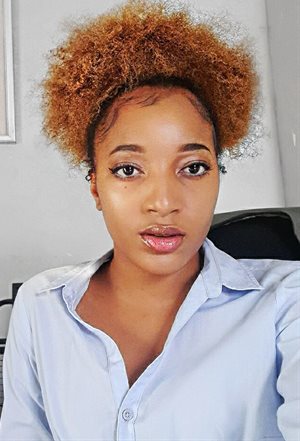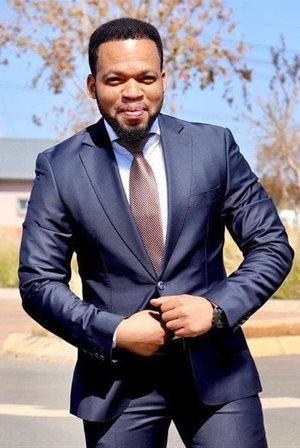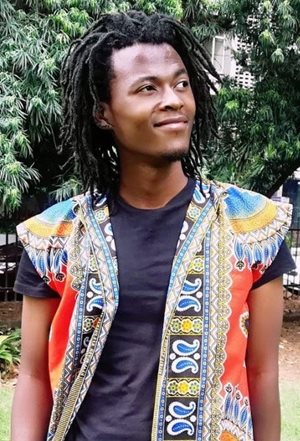NGO Activate! Change Drivers recently hosted a youth panel to talk about corruption in South Africa. Activate will be launching a campaign this year called #youthagainstcorruption to galvanise youth voices against the issue.

Activator Sheila Sims
“Corruption steals from the youth, it steals our future,” said Sheila Sims. These young activators have defined corruption as the abuse of their trust – the power entrusted in leaders to act for the good of the people. “Corruption is a betrayal of that trust," says Lesedi Senamele Matlala.
Many young people are frustrated as they see funding drying up for student loans and the dream of free tertiary education escaping, while billions are stolen in corruption to profit a few. These are also young people – such as those part of the Activate network – who are more active in solving problems in their own communities, particularly during the pandemic, than the government or private sector. These 'activators' in the past year helped their communities by delivering food parcels, helped fill out TERS forms, translated vital Covid information into vernacular languages, raised funds, tutored matric students and more.
Shepherd Masondo adds: “If you are placed in a leadership position, you are there to serve. Corruption goes beyond just the stealing of money, it is also when you allow yourself to be used to advance a particular agenda.”
Dr Cephas Mutami 31 Oct 2019 Solutions to limit corruption

Activator Lesedi Senamele Matlala
The Activate Change Drivers youth panel also discussed possible solutions to limit corruption. “We need institutions that are functional. The institutions we have are dysfunctional. We see reports, with recommendations, but nothing happens. There are no consequences to stealing money in South Africa. There have to be consequences to minimise corruption,” Matlala points out.
Masondo doesn’t believe that corruption can be completely eradicated. Sims agrees that corruption is deeply entrenched in South African organisations and institutions – from individuals to organisational systems. “The full effects are felt by those who are the poorest. So how do we convince people who are living the high life of the impact on those who are suffering as a result of their actions?” she asks.
The biggest problem with corruption is that it makes young people feel hopeless. “Corruption steals our dreams. The money that was needed to build a model for free education, could have come from funds that are no longer there because of corruption,” says Masondo. Lindelani Mnisi agrees, pointing out the effect on under-resourced public schools which had to delay reopening during lockdown because of a lack of readiness or much needed PPE supplies.
Genuine leadership

Activator Lindelani Mnisi
Another solution is to have leaders who genuinely put the interests of the people first, before their own agendas, otherwise who can South Africans trust to fight for us, asks Simangele Zwane. “We need the type of leaders who have been in the struggle, those who have felt the pressure of corruption at grassroots level. Who else can we trust to fight for us?”
Matlala and Mnisi both believe young people need to be given more opportunities by government to take up spaces to lead, and included in various public institutions to make sure the youth voice is heard.
Masondo says the time is now for different types of leaders: “We need bold leaders. We have had these issues for quite some time now. We need someone to go in there and make the tough decisions that need to be done and worry less about being loved as leaders. We need innovative leaders with new solutions and a different way of thinking and doing things to disrupt the status quo. We need leaders who are strategic thinkers, who are honest and will act for the people, not against the people.”



































